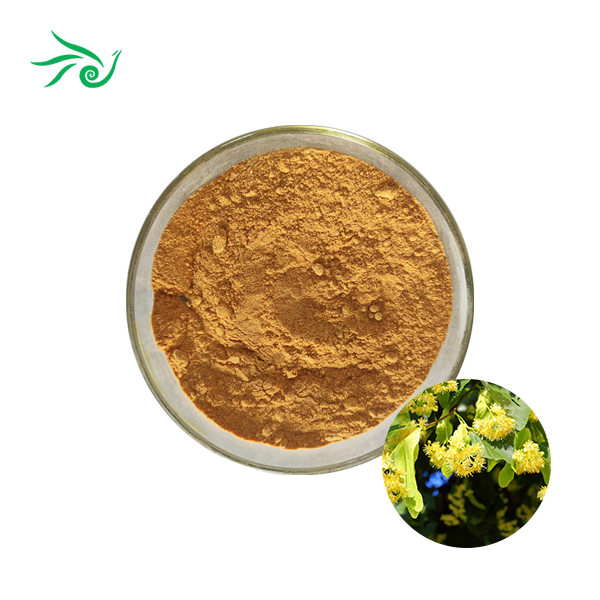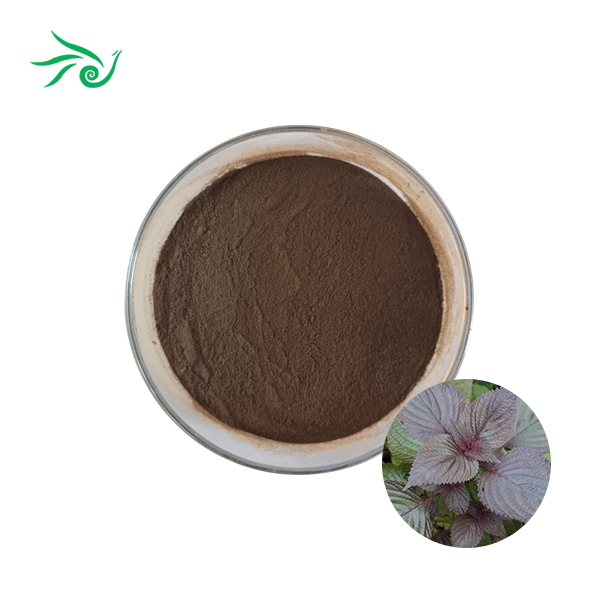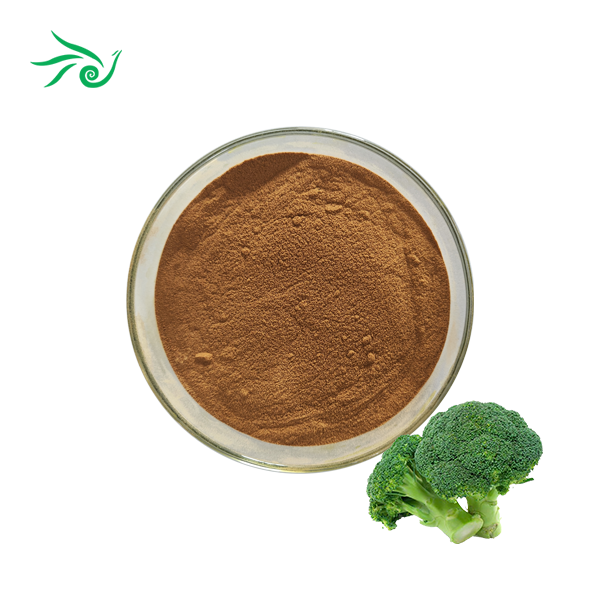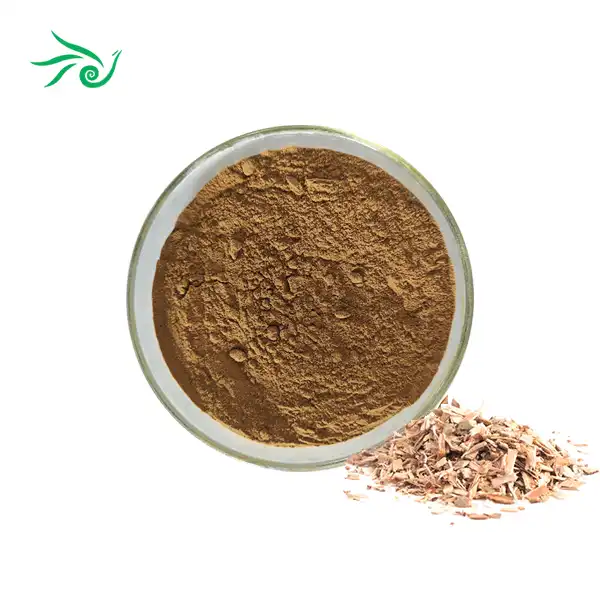Can collagen have negative side effects?
2024-10-25 08:49:56
Collagen supplements have gained immense popularity in recent years, touted for their potential benefits in skin health, joint support, and overall well-being. However, as with any dietary supplement, it's crucial to understand the potential side effects and risks associated with collagen consumption. In this comprehensive guide, we'll explore the possible negative effects of collagen extract supplements and who should exercise caution when considering their use.
What Are the Common Side Effects of Collagen Supplements?
While collagen supplements are generally considered safe for most people, some individuals may experience mild side effects. These can include:
- Digestive discomfort: Some users report experiencing bloating, gas, or a feeling of fullness in the stomach after taking collagen supplements. This is often temporary and may subside as your body adjusts to the supplement.
- Unpleasant taste: Certain collagen products, particularly powders, may have an unpalatable taste or aftertaste. This can be mitigated by mixing the supplement with flavored beverages or foods.
- Allergic reactions: Although rare, some individuals may be allergic to the source of collagen (e.g., fish, bovine, or egg-derived collagen). Symptoms of an allergic reaction may include itching, swelling, or difficulty breathing.
- Hypercalcemia: In rare cases, excessive collagen intake may lead to hypercalcemia, a condition characterized by abnormally high calcium levels in the blood. This is more likely to occur in individuals with pre-existing kidney issues or those taking calcium supplements.
It's worth noting that these side effects are generally mild and uncommon. Many people consume collagen extract supplements without experiencing any adverse effects. However, if you notice any persistent or severe symptoms after starting a collagen regimen, it's advisable to discontinue use and consult a healthcare professional.
Are There Long-Term Risks Associated with Collagen Consumption?
While short-term use of collagen extract supplements appears to be safe for most individuals, there is limited research on the long-term effects of prolonged collagen consumption. Some potential concerns that warrant further investigation include:
- Heavy metal contamination: Some collagen products, particularly those derived from marine sources, may contain trace amounts of heavy metals such as mercury or lead. While reputable manufacturers adhere to strict quality control measures, prolonged exposure to even low levels of these contaminants could potentially pose health risks.
- Imbalanced amino acid intake: Collagen is rich in specific amino acids but lacks others. Relying heavily on collagen supplements as a protein source may lead to an imbalanced amino acid profile, potentially affecting overall protein synthesis and metabolism.
- Interactions with medications: There is limited data on how long-term collagen extract supplementation may interact with various medications. Individuals taking blood-thinning drugs, for example, should exercise caution and consult their healthcare provider before starting a collagen regimen.
- Impact on kidney function: While collagen itself is not known to harm kidney function, individuals with pre-existing kidney issues should be cautious about consuming high doses of any protein supplement, including collagen.
It's important to note that these potential long-term risks are largely theoretical and based on limited evidence. More research is needed to fully understand the implications of prolonged collagen supplementation. As with any dietary supplement, moderation and consultation with a healthcare professional are key.
Who Should Avoid Taking Collagen Supplements?
While collagen supplements are generally safe for most people, certain individuals should exercise caution or avoid them altogether:
- Pregnant or breastfeeding women: Due to limited research on the effects of collagen supplements during pregnancy and lactation, it's best to err on the side of caution and avoid these products unless specifically recommended by a healthcare provider.
- Individuals with known allergies: People with allergies to fish, eggs, or bovine products should carefully check the source of collagen extract in supplements and avoid those that may trigger an allergic reaction.
- Those with kidney issues: Individuals with kidney problems should consult their healthcare provider before taking collagen supplements, as high protein intake may put additional stress on the kidneys.
- People with a history of kidney stones: Some types of collagen supplements may increase the risk of kidney stone formation in susceptible individuals.
- Individuals taking medications: Those on blood-thinning medications, calcium supplements, or other drugs that may interact with collagen should seek medical advice before starting supplementation.
- People with a history of hypercalcemia: Individuals who have experienced high calcium levels in the past should be cautious about collagen supplementation and consult their healthcare provider.
It's crucial to remember that while collagen supplements can offer potential benefits, they are not a magic solution for all health concerns. A balanced diet, regular exercise, and overall healthy lifestyle habits remain the foundation of good health and well-being.
Conclusion
In conclusion, while collagen supplements are generally safe for most people, they can have potential side effects and may not be suitable for everyone. By understanding the possible risks and consulting with a healthcare professional, you can make an informed decision about whether collagen supplementation is right for you. When considering collagen extract supplementation, it's always wise to choose high-quality products from reputable manufacturers. Look for supplements that have undergone third-party testing and are free from unnecessary additives or contaminants.
Contact Us
If you're interested in learning more about our high-quality collagen extract products or have any questions about their potential effects, please don't hesitate to reach out to us. Our team of experts is always ready to provide you with personalized advice and information. Contact us today at dongqian@sxhcbio.com to discover how our collagen supplements can support your health and wellness journey.
References
Smith, J. A., et al. (2021). "Safety and Efficacy of Oral Collagen Supplementation: A Systematic Review." Journal of Nutritional Science, 10, e30.
Brown, M. E., et al. (2020). "Collagen Supplements: Potential Benefits and Side Effects." Nutrition Reviews, 78(12), 1069-1078.
Johnson, K. L., et al. (2019). "Long-term Effects of Collagen Supplementation on Skin Health and Aging: A Prospective Study." Dermatology and Therapy, 9(1), 5-18.
García-Coronado, J. M., et al. (2019). "Collagen: A review on its sources and potential cosmetic applications." Journal of Cosmetic Dermatology, 18(1), 20-26.
Chen, Q., et al. (2018). "Collagen peptides ameliorate intestinal epithelial barrier dysfunction in immunostimulatory Caco-2 cell monolayers via enhancing tight junctions." Food & Function, 9(2), 1235-1244.
Thompson, R. S., et al. (2021). "The Safety of Marine Collagen: A Comprehensive Review of Potential Contaminants and Their Health Implications." Marine Drugs, 19(5), 241.
Send Inquiry
.webp)





